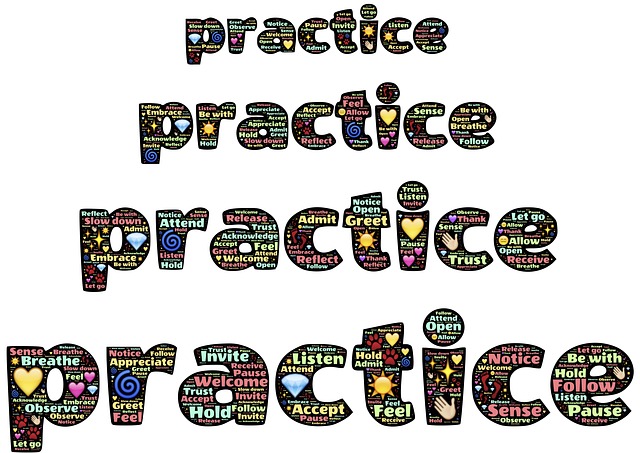Over the past 12 years, I have been co-facilitating a longitudinal, action learning program for managers. The initial program, Practical People Management, was developed by my colleague Julie Cork and Mike Nelson in 2004 to address the issue of poor-quality supervision that was negatively impacting the health of public servants. Over time, different components such as managing change and managing generational differences were added to the content of the program resulting in a loss of coherence.
When Julie and I started working together, we began to pool our ideas, concepts, models, and experiences and repurposed the program as Confident People Management (CPM). A key element of this change was the introduction of a cultural change framework to integrate the components of the program.
We also became more conscious of the role the program played in assisting managers to create both a productive and a mentally healthy workplace. As we explored the writings and research on mental health in the workplace, we became increasingly aware of the role that mindfulness could play in helping managers to develop self-awareness and self-regulation and to facilitate development of a workplace culture conducive to the positive mental health of their employees.
Action learning, mindfulness, and mental health in the workplace
We were conscious that the research on mindfulness demonstrated that developing mindfulness was conducive to positive mental health in the workplace and elsewhere. We were confident that action learning also contributed to a mentally healthy workplace. So, I undertook research to identify what were the factors (active ingredients) that enabled both action learning and mindfulness to contribute to positive mental health in the workplace.
In a book chapter I wrote on the topic, Action Learning and Mindfulness for Mental Health in the Workplace, I explained how action learning and mindfulness are complementary and mutually reinforcing as they have the common intermediate goals of developing “self-awareness” and “agency” , both of which are conducive to positive mental health in the workplace.
Our initial efforts to incorporate mindfulness concepts and practices into the Confident People Management (CPM) Program involved adding a mindfulness session to the program content. However, for various reasons, including time restrictions, this did not have the traction we had hoped for.
As we reflected on the CPM Program and its development, we began to reframe our facilitation processes as “consciousness-raising”. More recently, in our lag time because of Covid-19, I have come to conceptualise a core outcome of the program as developing “managerial mindfulness”.
Managerial Mindfulness
Drawing on the definition of mindfulness proposed by Jon Kabat-Zinn, I have developed a definition of Managerial Mindfulness as follows:
Managerial mindfulness is the awareness that arises when a manager pays particular attention, in the present moment, on purpose, to the impact they are having on the culture of their team. This involves consciousness about the impact, positive or negative, that their words, actions, omissions, and time allocation have on the development of a productive and mentally healthy workplace. Managerial mindfulness is developed through openness, curiosity, and a commitment to reflective practice.
Over time, we have incorporated a range of reflective practices into CPM that facilitate the development of managerial consciousness by participant managers. Some of these processes are integral to an action learning approach, others involve strategic questioning around the manager’s role in shaping team culture.
Reflection
Both action learning and mindfulness contribute to positive mental health. However, in any given context, mindfulness practices can take on different forms. Within the context of the CPM program, experiential learning and on-the-job practice, combined with reflective practice, enable participating managers to grow in mindfulness. As they develop and enhance their managerial mindfulness, they can more consciously and effectively develop a workplace culture that builds both productivity and positive mental health. They become acutely aware of the impact of their own words, actions, inaction, and time allocation in shaping their team culture.
___________________________________
Image by John Hain from Pixabay
By Ron Passfield – Copyright (Creative Commons license, Attribution–Non Commercial–No Derivatives)
Disclosure: If you purchase a product through this site, I may earn a commission which will help to pay for the site, the associated Meetup group and the resources to support the blog.

